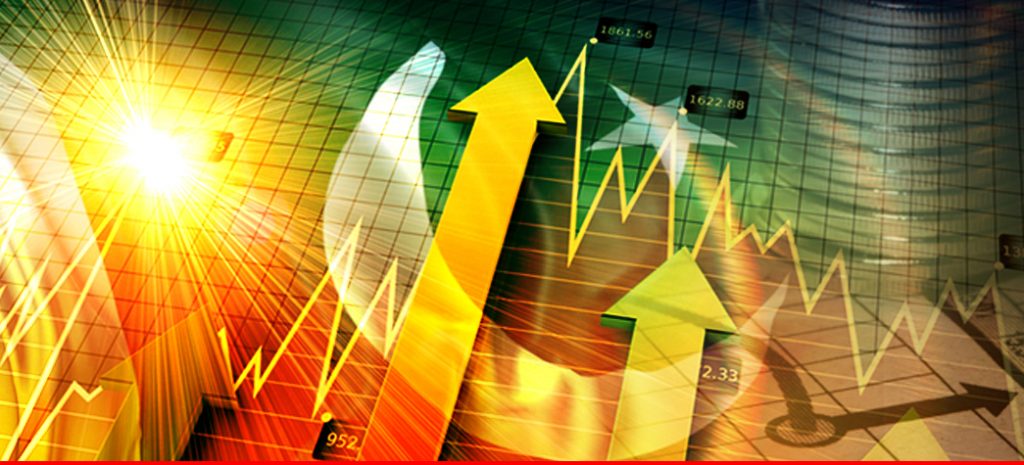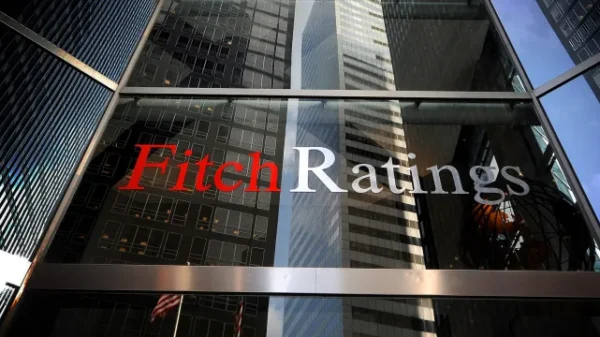The latest wave of U.S. trade tariffs, unveiled on Wednesday, threatens to sap momentum from a fragile global economy still recovering from post-pandemic inflation, burdened by record debt, and unsettled by geopolitical tensions.
Depending on how President Donald Trump and other world leaders respond, this move could mark a turning point for globalization—challenging the economic system that has long relied on the strength and stability of the United States.
“Trump’s tariffs risk dismantling the global free trade order that the U.S. itself has championed since World War II,” said Takahide Kiuchi, executive economist at Nomura Research Institute.
In the immediate future, however, the most pressing concern is the inflationary impact of these sweeping tariffs. By increasing costs on thousands of goods traded worldwide, the new levies could weaken consumer demand and stall economic growth.
“I see this as a shift towards weaker economic performance, greater uncertainty, and possibly even a global recession,” said Antonio Fatas, macroeconomist at the INSEAD business school in France.
Speaking from the White House Rose Garden, Trump announced a baseline 10% tariff on all imports while unveiling higher duties on key trading partners, including a 34% tariff on China and 20% on the European Union. He also confirmed a 25% tariff on auto imports, emphasizing that these measures would help bring critical manufacturing jobs back to the U.S.
Under Trump’s new tariff regime, the average U.S. import duty has surged to 22%—a level last seen in 1910—up from just 2.5% in 2024, according to Olu Sonola, head of U.S. economic research at Fitch Ratings.
“This is a game changer, not just for the U.S. economy but for the global economy,” Sonola warned. “Many countries are likely to slide into recession.”
While the International Monetary Fund (IMF) does not currently forecast a global recession, Managing Director Kristalina Georgieva acknowledged that the Fund is preparing to slightly downgrade its 2025 global growth projection from 3.3%.
The impact of the tariffs will vary widely by country, with rates ranging from 10% on British goods to 49% on imports from Cambodia. If the escalating trade war continues, the hardest-hit economies will likely be those most reliant on U.S. demand—particularly in Asia, where many nations are already facing weak domestic consumption.
“Asian economies will suffer more than most from the U.S. reciprocal tariffs,” said Marcel Thieliant, head of Asia-Pacific at Capital Economics. “Not only are they subject to some of the highest tariffs, but they are also more dependent on U.S. imports than other regions.”
If the U.S. itself falls into recession, the consequences could ripple across developing economies, many of which are closely tied to America’s economic health.










